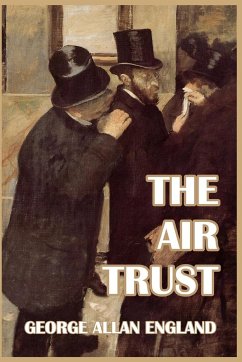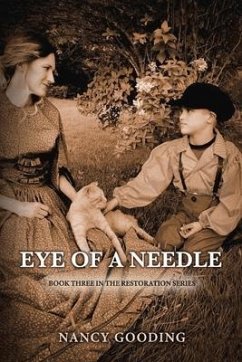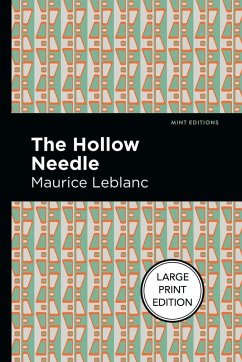
Through the Eye of the Needle
Versandkostenfrei!
Versandfertig in 1-2 Wochen
16,99 €
inkl. MwSt.
Weitere Ausgaben:

PAYBACK Punkte
8 °P sammeln!
If I spoke with Altrurian breadth of the way New-Yorkers live, my dear Cyril, I should begin by saying that the New-Yorkers did not live at all. But outside of our happy country one learns to distinguish, and to allow that there are several degrees of living, all indeed hateful to us, if we knew them, and yet none without some saving grace in it. You would say that in conditions where men were embattled against one another by the greed and the envy and the ambition which these conditions perpetually appeal to here, there could be no grace in life; but we must remember that men have always been...
If I spoke with Altrurian breadth of the way New-Yorkers live, my dear Cyril, I should begin by saying that the New-Yorkers did not live at all. But outside of our happy country one learns to distinguish, and to allow that there are several degrees of living, all indeed hateful to us, if we knew them, and yet none without some saving grace in it. You would say that in conditions where men were embattled against one another by the greed and the envy and the ambition which these conditions perpetually appeal to here, there could be no grace in life; but we must remember that men have always been better than their conditions, and that otherwise they would have remained savages without the instinct or the wish to advance. Indeed, our own state is testimony of a potential civility in all states, which we must keep in mind when we judge the peoples of the plutocratic world, and especially the American people, who are above all others the devotees and exemplars of the plutocratic ideal, without limitation by any aristocracy, theocracy, or monarchy. They are purely commercial, and the thing that cannot be bought and sold has logically no place in their life.














